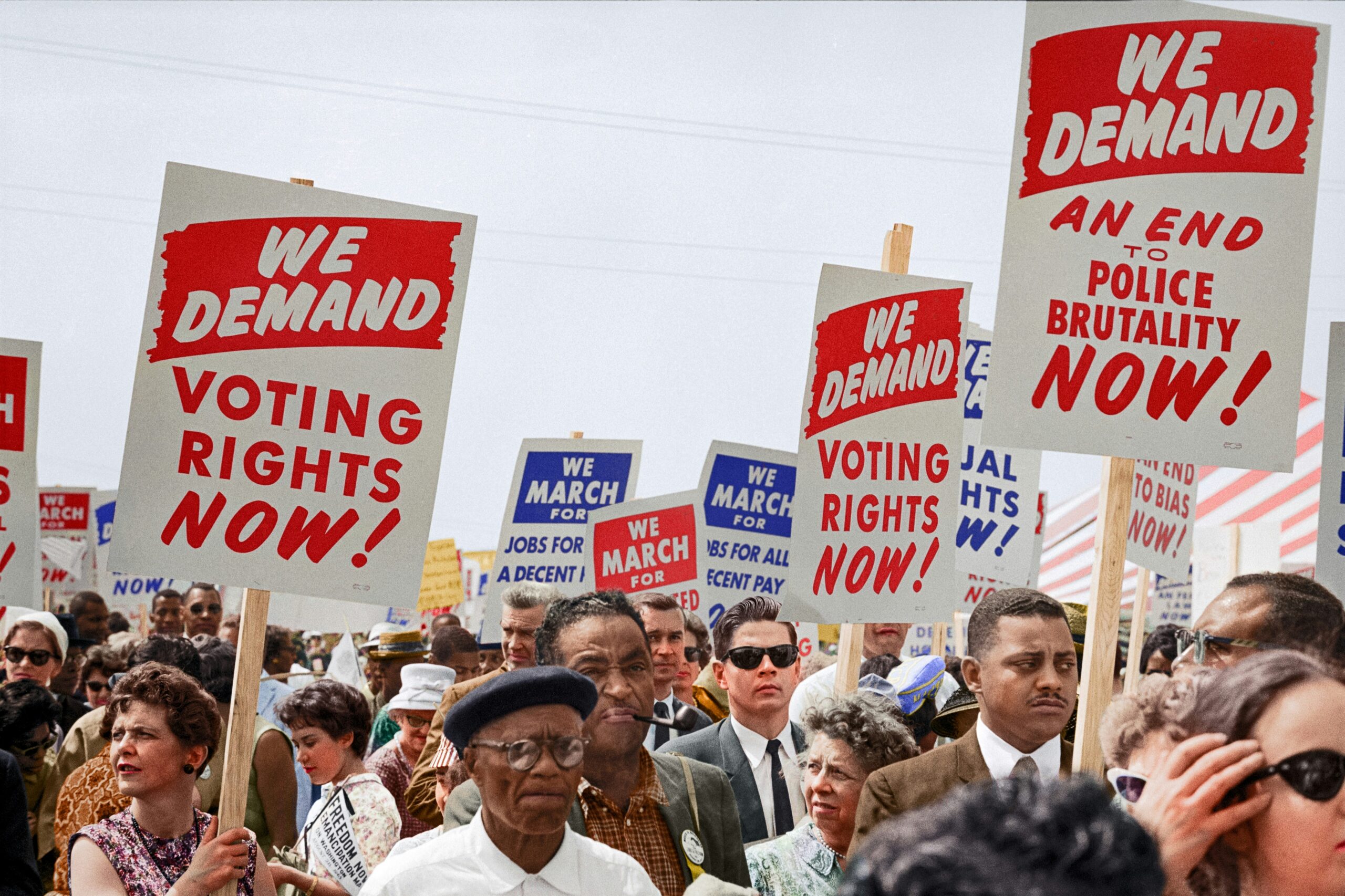David: And after that, nothing was ever the same again. And after that, nothing was ever the same again. And after that, nothing was ever the same again.
Jen: Are you watching the second hand spin around?
David: Yes, but I’m also saying, “And after that, nothing was ever the same again.”
Jen: Why?
David: It’s the truth.
Jen: Yeah, but why?
David: It’s meditative.
Jen: Why do you need to meditate?
David: At work today, someone called something “very unique.”
Jen: I see.
David: Then Jason corrected her.
Jen: And you wanted to be the one to correct her?
David: No. I wanted to punch Jason in the face. I needed something meditative because I don’t like wanting to punch someone in the face.
Jen: I’m confused. Wasn’t Jason right? Why would that anger you?
David: It bugs me whenever anyone corrects anyone else. Unless you’re a person’s parent or teacher, you have no business correcting them. And he’s wrong, which just puts me over the top. If you’re rude enough to correct someone that you have no business correcting, the least you can do is correct them correctly.
Jen: I guess the first part makes sense, but unique means one of a kind. How can something be very one of a kind?
David: Does it mean “one of a kind?” How do you know?
Jen: The dictionary says so?
David: Does it?
Jen: According to my dictionary, it means, “existing as the only one or as the sole example; single; solitary in type or characteristics: a unique copy of an ancient manuscript.”
David: And?
Jen: And what?
David: Don’t make me want to punch you in the face, too. And what else does it mean? Almost every word in the dictionary has more than one definition. Why stop at the first one and accuse people of being wrong when they use one of the others?
Jen: Ah, “not typical; unusual: She has a very unique smile.” I guess you’re right.
David: Because of the dictionary?
Jen: Yes. The dictionary proves it.
David: The dictionary has never proven anything. I’m right because a moment’s reflection lets you know that literally everything that is, was, and ever will be is unique. If you use unique to mean one of a kind, then it’s redundant. If you don’t allow for degrees of uniqueness, there is no need for the word to exist at all. And on top of that, real people say things are “very unique” or “really unique” all the time, and you and I and everyone else knows exactly what they are saying. If a word or phrase successfully communicates its intended meaning, it can’t be wrong. A dictionary should always follow real usage. The dictionary is wrong if it doesn’t.
Jen: That may be, but it still doesn’t seem like a good reason to punch someone in the face. Especially for a member of the grammar police.
David: I may be a grammar nerd, but I’m certainly not a grammar pig. Down with the grammar pigs!
Jen: Really? You’re the only person I know that uses who and whom correctly.
David: I’m sure that’s not true, and a person could go a whole lifetime without using whom and not have any trouble being understood. Grammar pigs make me want to be more violent than people who don’t know what words mean, but correct other people anyway.
Jen: But doesn’t it bother you when people break the rules and you know it?
David: It might, if there were rules.
Jen: No rules? Me no wait to hearing this.
David: Grammar is nothing more than convention. It has more in common with etiquette than the law. Breaking a “rule” might be inconvenient or confusing, but that’s the worst of it. And the “rules” change depending on usage. The only sin a person can commit, grammatically speaking, is to be confusing. And half the time, the “proper” construction is more confusing that the “improper”.
Jen: Like what?
David: Which is easier to follow, “To boldly go,” or, “To go boldly?”
Jen: They’re about the same.
David: How about, “About whom are you talking?” or, “Who are you talking about?”
Jen: The second.
David: So, why bother correcting if they are easily understood? And besides, half the time, the corrections have nothing to do with grammar. If someone types Y-O-U-R on Facebook when they mean Y-O-R-E. . .
Jen: Y-O-R-E?
David: Sorry, I’m trying to bring yore back. It’s a great word. So, if they type Y-O-U-R when they are saying, “you are,” it’s clearly just a typo, not a grammar mistake. Let it go. Making the correction makes you look dumber than the person who made the mistake. Anyone with half a brain knows what was meant. If you’re genuinely confused, you’re an idiot. If you’re not genuinely confused, you’re just a jerk.
Jen: I never would have guessed you were so passionate about this.
David: It’s just a thinly veiled form of snobbery. It’s a way for people to feel superior, even when they’re not.
Jen: Still, all this from unique. I wonder what else is buried in there.
David: Just know that you don’t want to get me started on spelling.
April 27, 2025











